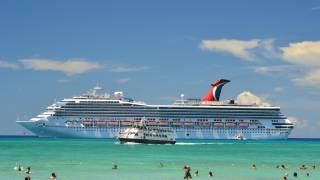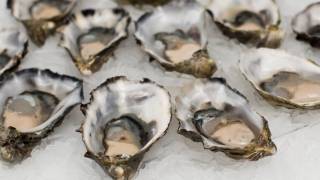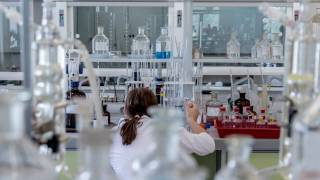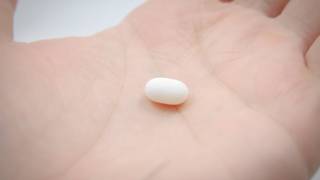Contaminated Oysters From Canada Lead to Norovirus Outbreak
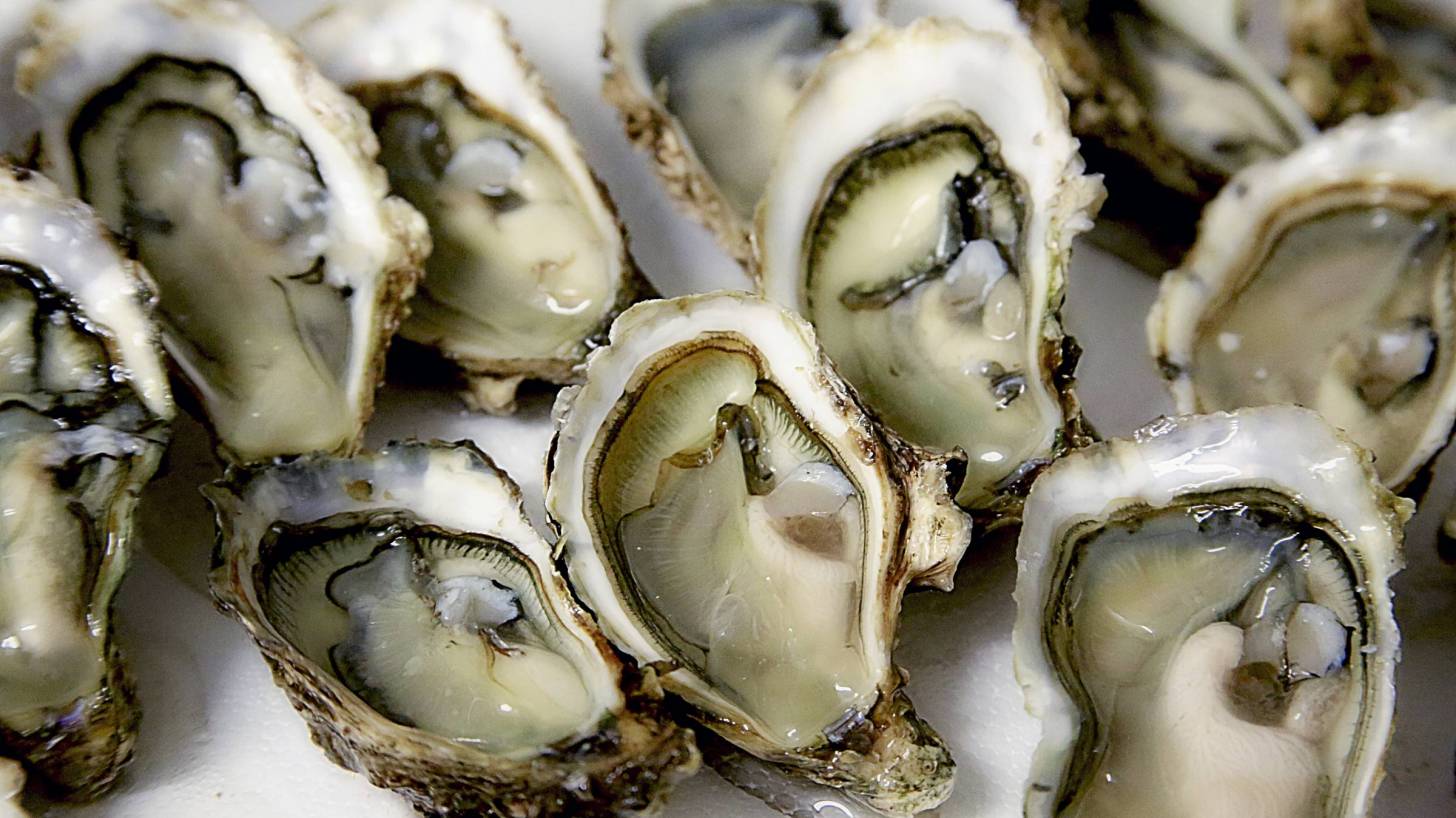
The U.S. Food and Drug Administration (FDA) is working with health officials regarding a norovirus outbreak linked to raw oysters harvested from British Columbia, Canada.
People who think they might have become ill from eating possibly contaminated oysters should talk to their healthcare providers.
In Canada, a total of 172 cases of gastrointestinal illness linked to oyster consumption have been reported in three provinces: British Columbia (132), Alberta (15), and Ontario (25). These individuals became sick between mid-March and mid-April 2018.
The FDA has confirmed that potentially contaminated raw oysters were distributed to California, Illinois, Massachusetts, New York, and Washington. It is possible that additional states received these oysters.
In California, as of April 27, 2018, approximately 100 individuals have reported illness after they consumed raw British Columbia oysters sold by restaurants and retailers throughout the state.
Retailers should not serve raw oysters harvested from the following harvest locations within Baynes Sound: #1402060, #1411206, #1400483, and #278757.
People should not eat any raw oysters from the locations listed above.
Noroviruses (NoVs) are one of the leading causes of acute gastroenteritis, including both outbreaks and endemic infections. Food contaminated with noroviruses may look, smell, and taste normal.
Most people infected with Norovirus develop diarrhea, vomiting, nausea, and stomach pain. Diarrhea tends to be watery and non-bloody.
Diarrhea is more common in adults and vomiting is more common in children, says the FDA.
The development of preventive strategies, including vaccines, for the most susceptible groups, is desirable.
However, NoV vaccine development has faced many difficulties.
Vaccine candidates rely on inoculation of virus-like particles (VLPs) formed by the main capsid protein VP1, subviral particles made from the protruding domain of VP1 (P-particles) or viral vectors with a NoV capsid gene insert produced by bioengineering technologies.
The FDA encourages consumers with questions about food safety or Norovirus outbreaks to call 1-888-SAFEFOOD or consult the fda.gov website: http://www.fda.gov.
Our Trust Standards: Medical Advisory Committee




